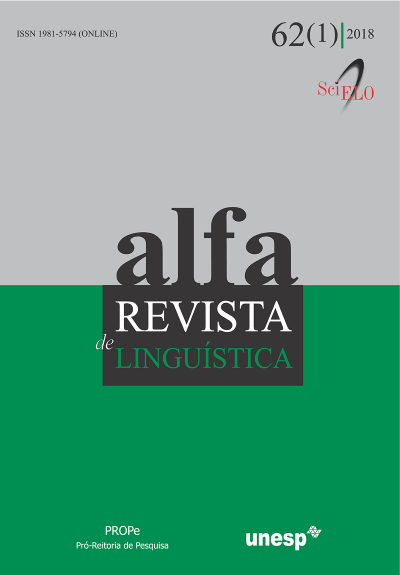MOOCs for language teaching: a study on CALL from the connectivist perspective
DOI:
https://doi.org/10.1590/1981-5794-1804-4Keywords:
Second language teaching, CALL, MOOCs, ConnectivismAbstract
The increasing offer of Massive Online Open Courses (MOOCs) in the World Wide Web generated the need to investigate their dynamics, pedagogy and structure in more depth to judge the possibilities of their effective use in the teaching of foreign languages. In this study, based on investigations in Computer Assisted Language Learning (CALL), we start from the perspective of the Connectivist Learning Theory, established, mainly, from the studies of Siemens and Downes to analyze two foreign language courses in the MOOC modality offered in two different digital platforms: one course in Spanish as a foreign language offered by UNED on its own platform and a Mandarin course for Spanish speakers from the UNIMOOC platform. In both cases, it is evident that the courses did not fulfill what they promised, especially regarding the need to create spaces conducive to interaction. This study is part of a broader research proposal, whose objective is to establish adequate criteria for the creation of MOOCs as tools for the teaching of foreign languages.Downloads
Download data is not yet available.
Downloads
Published
25/04/2018
How to Cite
FONTANA, M. V. L.; LEFFA, V. J. MOOCs for language teaching: a study on CALL from the connectivist perspective. ALFA: Revista de Linguística, São Paulo, v. 62, n. 1, 2018. DOI: 10.1590/1981-5794-1804-4. Disponível em: https://periodicos.fclar.unesp.br/alfa/article/view/9895. Acesso em: 3 feb. 2026.
Issue
Section
Papers
License
Manuscripts accepted for publication and published are property of Alfa: Revista de Linguística. It is forbidden the full or partial submission of the manuscript to any other journal. Authors are solely responsible for the article's content. Translation into another language without written permission from the Editor advised by the Editorial Board is prohibited.

